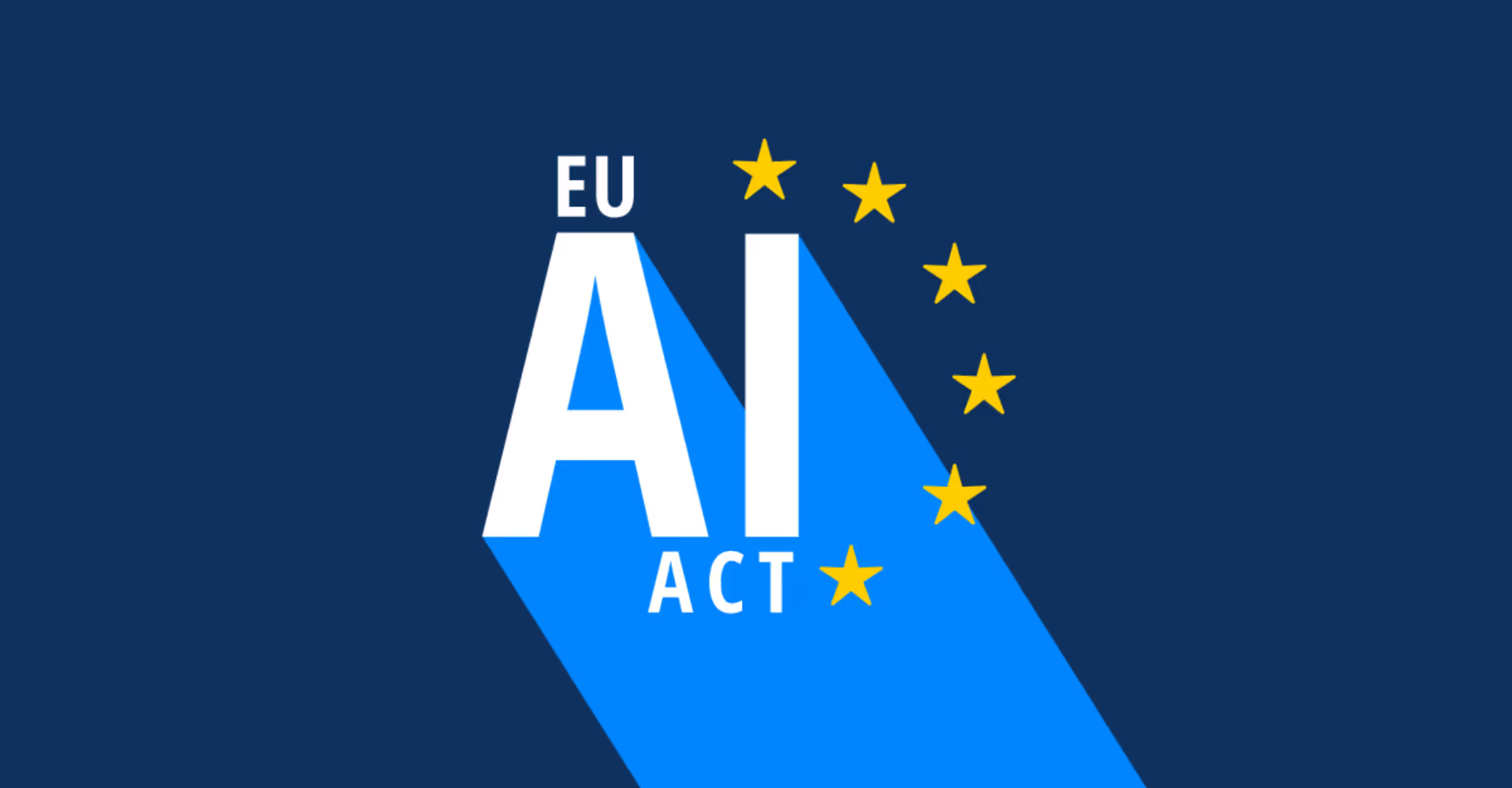
The EU AI Act
While the United States leads in developing and implementing the latest AI technologies, the European Union (EU) is embracing a unique strategy—advancing technology while balancing it with a robust legal and ethical framework.

Reading time: 4 minutes
The EU AI Act: A Pioneer in Ethical AI Regulation
While the United States and China compete to develop and implement the latest AI technologies, the European Union (EU) is charting a different course. Through the EU AI Act, Europe is embracing a unique strategy—advancing technology while balancing it with a robust legal and ethical framework. This groundbreaking proposal aims to protect citizens’ privacy, safety, and health. In this article, we delve into the foundations of the EU AI Act and its implications for the AI industry.
What Is the EU AI Act?
The EU AI Act is a legislative proposal introduced by the European Commission in April 2021, widely discussed within technological and legal circles. The law seeks to create a framework that mitigates AI risks without stifling innovation. Its key elements include:
- Risk Categorization of AI Systems:
- Unacceptable Risk: Applications such as government-led social scoring are prohibited.
- High Risk: Systems like facial recognition and medical diagnostics are subject to stringent regulations.
- Limited Risk: Less risky applications, such as chatbots, require transparency.
- Minimal Risk: Applications like spam filters face minimal regulation.
- Protection of Fundamental Rights: The legislation enforces strict requirements for AI systems that could impact human rights, privacy, or safety.
- Transparency and Oversight: Developers and manufacturers of AI systems must disclose how these systems function and their associated risks.
Why Is the EU AI Act Important?
As the world’s first comprehensive regulatory framework for AI, the EU AI Act positions Europe as a leader in AI governance. Unlike markets such as the U.S., where innovation often operates without significant restrictions, and China, where the government exerts strict control, the EU offers a middle path. This framework may set a global standard, akin to the GDPR’s influence on privacy laws.
Moreover, the EU AI Act emphasizes ethical innovation, recognizing that technological progress must align with the protection of human values and fundamental rights. This aligns with the growing global demand for responsible AI development.
Impact on the AI Market
The EU AI Act could have significant implications for European and international companies:
- Increased Development Costs: Companies must invest in compliance measures, which could be challenging for startups with limited resources.
- Boosted Trust in AI: Transparency requirements and risk mitigation could enhance consumer and business confidence in AI, leading to broader adoption.
- Global Standardization: Similar to GDPR, the EU AI Act may compel multinational companies to adhere to these standards globally.
- Competitive Edge for Ethical Players: Companies prioritizing ethical AI development may benefit from stricter regulations, enhancing their reputation for reliability.
Challenges and Criticism
While praised for its forward-thinking approach, the EU AI Act also presents challenges:
- Bureaucracy: Complex requirements could slow innovation, especially for smaller companies.
- International Competition: European firms may struggle to compete with businesses in less regulated markets like the U.S. and China.
Curious about what this could mean for you (and your business)? Check out our article: “AI and Legislation in 2025: What Does It Mean for Your Business?”.
Conclusion
The EU AI Act represents a milestone in AI regulation, positioning Europe as a leader in ethical technology development. By emphasizing transparency, accountability, and risk management, the EU offers an inspiring model for the world. However, balancing this legislation with innovation and competition remains a challenge.
This framework unlocks a world of opportunities for businesses to lead in ethical AI implementation while upholding the highest standards of quality and trust.
Ready to prepare your organization for this game-changing legislation? Visit our website and let us guide you to success!
This text is optimized using ChatGPT


